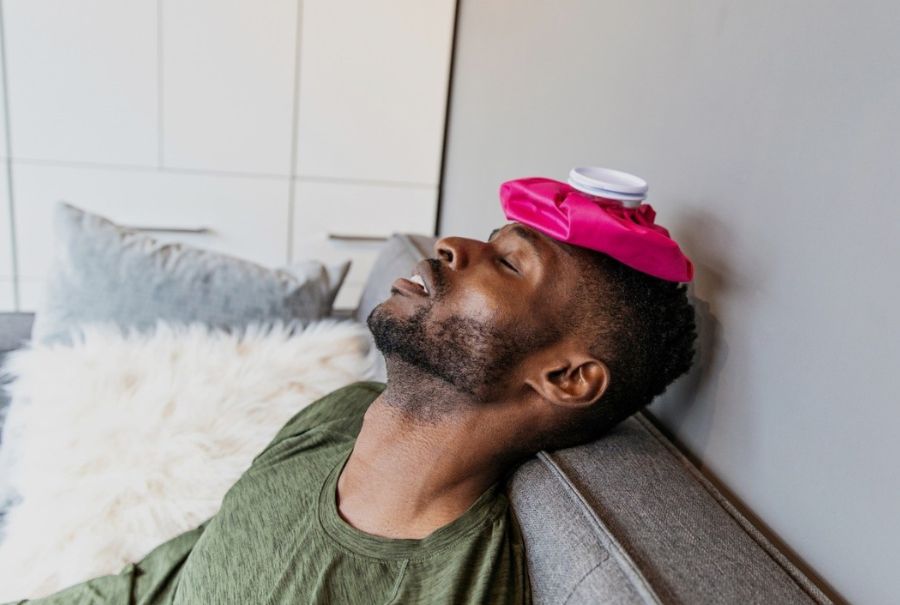
It’s no secret getting a good night’s sleep is essential to your overall health. Getting enough shut eye helps you physically – everything from metabolism to immune system function. However, it may not often be considered there is a strong connection between your sleep and your mental health.
Poor sleep habits can be linked to increased stress, burnout, anxiety and depression, but good sleep habits can help you feel energized, enhance the way you think and feel and be ready to put your best self forward for the day ahead!
Making simple but important changes to your bedtime routine will help improve your sleep quality and most importantly your mental health.
Here are three tips to getting a better night’s sleep.
1. Stick to a regular sleep schedule
Waking up and going to bed at the same time every day is key to healthy sleep hygiene. Our internal body clocks, known as circadian rhythm, helps you feel awake during the day and tired at night. When our fine-tuned circadian rhythm is skewed by having caffeine too late in the day, shift work or late-night TV binging, this can lead to poor sleep quality. A bad night’s sleep can affect how you feel and function the next day. You may feel irritable, have low energy and lack of focus and concentration. For those living with anxiety and depression, poor sleep quality will only increase those feelings of worry and anxiousness. Set yourself an adequate sleep schedule that ensures you are getting the recommended seven to eight hours of sleep each night, so you will feel recharged and focused for the next day.
2. Shut off electronics at night
Scrolling through your phone before you go to sleep may be a frequent bedtime routine for some but this is not a good approach to take when you want a good night’s rest. Your phone, laptop, TV and other devices emit blue light, making your devices a culprit to good sleep. The blue light acts to decrease our natural production of melatonin. Stop using your devices 30 to 45 minutes before bed. This time will allow you to clear and relax your mind and body at night. Try making your bedroom a comfortable space that is device free to avoid nighttime distractions and interrupted sleep to help you relax and fall asleep.
3. Use relaxation techniques
If you have trouble falling asleep at night, taking time to relax before bed will help you sleep well. Use this time to incorporate relaxation techniques such as low-impact exercises such as yoga or light stretching, deep breathing exercises or meditation. By adding these self-care practices to your bedtime routine, will help eliminate a busy mind at night. Stressors and anxieties that you think at night before bed will be replaced with a relaxed and quiet mind ready for a good night’s sleep.
Additional sleep tips:
- Stay active: exercising regularly during the day can reduce feelings of fatigue and help with better sleep
- Get outside: fresh air and natural sunlight will help maintain your sleep pattern
- Limit caffeine and sugar: try to avoid sugary treats and caffeinated coffee or tea after 2 p.m.

No one ever changed the world on their own but when the bright minds at UHN work together with donors we can redefine the world of health care together.


